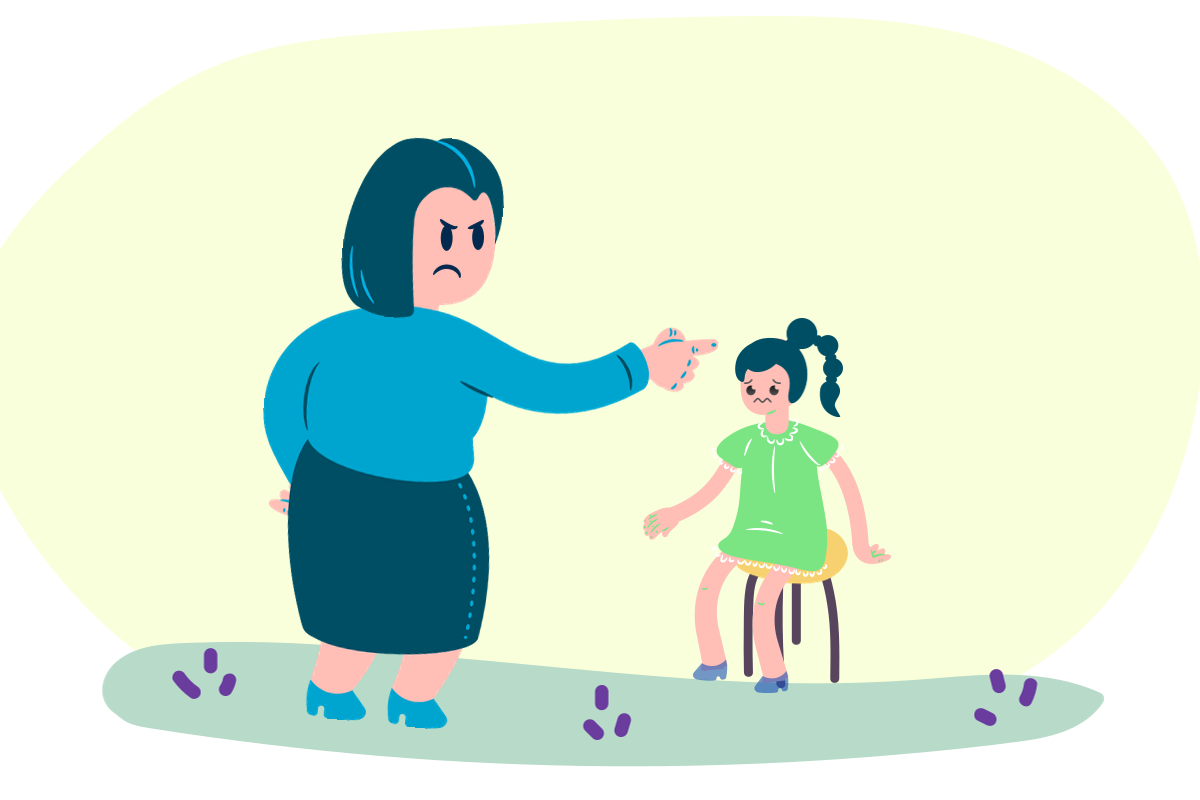Should parents punish their children for low or bad performance
The question of whether or not parents should punish their children for poor performance is a complex one, and opinions may vary on this topic. Some parents believe that punishment is an effective way to motivate their children to do better, while others believe that punishment can be detrimental to a child's self-esteem and motivation. The decision of whether to use punishment and how to use it should be based on the individual child and the specific situation.
Punishment can be an effective tool for changing behaviour when it is used consistently, appropriately, and in a way that is appropriate for the child's age and development. However, it's important to consider the reasons for the poor performance, it could be related to lack of understanding, lack of interest, lack of resources or any other factors that need to be addressed before punishing the child. These tother factors may be school related like teacher absentness
If the poor performance is due to a lack of effort or motivation, then punishment can serve as a deterrent and encourage the child to work harder. But if the child has a learning disability or other issues that are contributing to the poor performance, then punishment may not be effective and could even make the situation worse. Children with dyslexia, dysgraphia, dyscalculia, language processing disorders, auditory processing disorders among others need to be handed with extreme care and punishments need not to be thought of. It can also teach children that there are consequences for not meeting expectations. However, punishment should be used as a last resort and should be appropriate to the child's age and development.
Children who are constantly punished for poor performance may feel discouraged and demotivated, and may be less likely to want to try again. Punishment can also create a negative association between learning and negative emotions, which can be harmful to a child's development
It's important for parents to approach this situation with empathy and understanding, trying to understand why their child is performing poorly and addressing the underlying issues. Positive reinforcement, like praising the child for their effort or progress, can be more effective than punishment in most cases, and it's also important to have open communication with the child to understand their perspective and how they feel about their performance.

